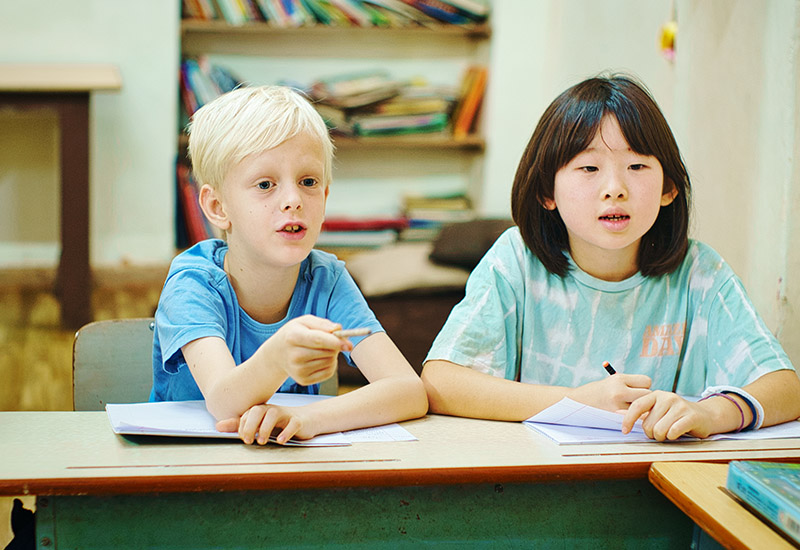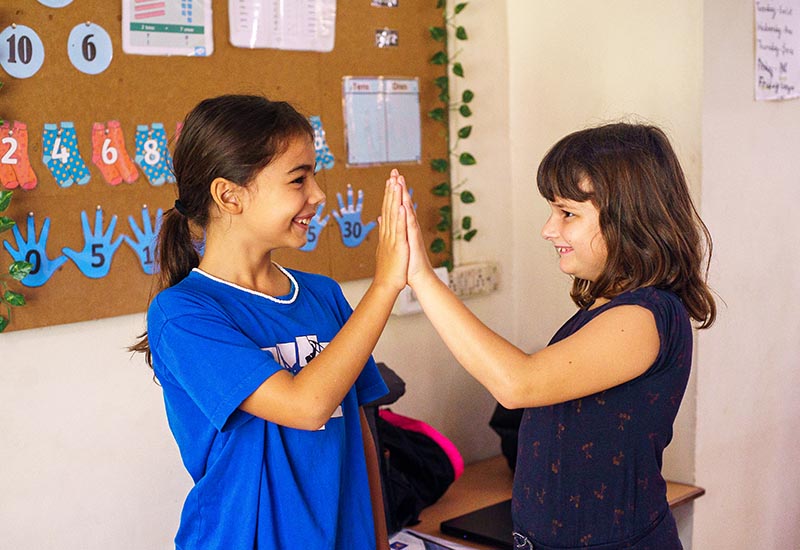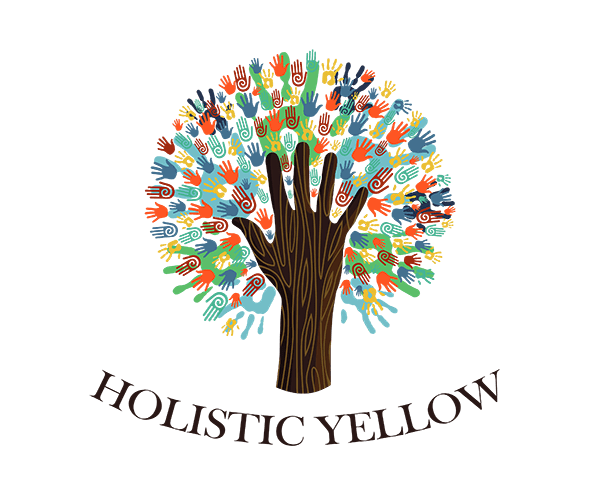Grade-P3
Students this year will learn to view themselves as creative thinkers, with a focus on life skills. Students will be aided to reflect on their place and the place of others in an interconnected world. Exploring subjects and their own unique self.

English
Grade 3 English focuses on developing narrative writing skills, including creating characters, settings, and plots using conjunctions, adverbs, and prepositions. Listening and comprehension skills are also emphasized through discussions of various reference materials. The Cambridge-based approach emphasizes text-based learning to improve word-reading and comprehension skills. Interactive activities, such as acting out scenes from stories, are used to enhance learning. Students also improve their transcription and spelling abilities while reading stories about belonging to inspire their writing. The curriculum encourages students to respond to stories in various ways, including writing letters to authors or creating instructions on how to enter Narnia, to foster creativity and critical thinking.
Science
In grade 3, students will cover topics such as rocks, soil, and water, as well as the life cycles and adaptations of plants and animals. They will also explore forces and motion, including how magnets work and the effects of gravity. Practical investigations will continue to be a key part of their learning, with activities such as building simple machines or conducting experiments to explore the properties of materials. By engaging in these activities, students will continue to develop their scientific skills and deepen their understanding of the world around them.
Math
Grade 3 mathematics curriculum emphasizes practical applications of math, using real-world examples to engage and motivate students. In addition to building on concepts learned in Grade 2, such as identifying angles and interpreting data, students will also develop their understanding of three-digit numbers and place values, including adding by hundreds and thousands. They will explore fractions as numbers and learn how to add and subtract them using the same denominator. Measurement is another key area of focus, with students using tools such as rulers, measuring tapes, and grid paper to measure the perimeter and area of their surroundings, promoting teamwork, communication, and problem-solving skills. Additionally, students will enhance their division and multiplication skills, preparing them for more complex math concepts in higher grades.
Thematic
Thematic and Global Perspectives classes will cover History and Geography topics like the Stone Age, Ancient Egypt, weather, water cycle, climate change, and early settlers. Students will have a hands-on learning experience through practical work, class exercises, and group discussions. They will also work on individual and group projects such as creating models, posters, or presentations to showcase their understanding of a particular topic.
Field trips to museums, art galleries, camping and trekking are carried out to bring classroom learning to life. These trips provide students with the opportunity to visualize, experience and discuss information.

Grade-P4
The classroom at this stage opens its doors for reflective thinking and originality in thought, with a focus on developing the individuality of learners. Active learning, personal growth, teamwork building and self-awareness are given primary importance at this stage.
English
In Grade 4 English aligns with the Cambridge curriculum, which emphasizes the development of critical reading skills and literary analysis. They will learn to read fluently and with a good understanding of both explicit and implicit meaning in various texts, including fiction, non-fiction, poetry, and media. They will practice identifying main ideas and supporting details in texts and making predictions and inferences based on text clues. Students will also learn to compare and contrast characters, settings, and events in stories, and understand and identify literacy devices such as similes, metaphors, and hyperbole's. Throughout the year, students will be encouraged to explore different genres and authors to develop a love for reading.
Science
In grade 4, the science curriculum continues to focus on developing students' abilities to ask methodical questions, test their ideas, and explore relationships between living things and their environments. The topics covered, such as living things, electricity, earth, light, and materials, are expanded upon, and students will investigate, classify, explore, and conduct experiments in greater depth. The practical activity of observing the behavior of insects in their natural habitat and recording findings using scientific language and diagrams aligns with the focus on exploring living things and their environments
Math
In Grade 4 mathematics, students will continue to develop their skills and deepen their understanding of fractions, including equivalent fractions and ordering fractions. Students will have access to a range of practical resources to support their learning. These may include manipulative, such as fraction tiles or base-ten blocks, to help students visualize and understand abstract concepts. Multiplication and division will be reinforced using a formal layout method, supported by mental calculations. They will learn to solve word problems and apply math to real-life scenarios such as money, measurement, and volume. Additionally, students will continue to practice their times' tables with a focus on both speed and accuracy, as this will support their ability to solve more complex calculations. Throughout the course, individual strengths and weaknesses will be identified, and teaching will be adjusted to ensure that all students achieve their best academic results.
Thematic
At this stage, the Thematic classes build upon the knowledge gained in Stage 3. During Term 1, students will focus on the Amazon Rain Forest and develop geographical skills such as location, rainfall, and countries in South America. They will also learn about the vegetation, inhabitants, and the issue of deforestation. To support their learning goals, students will produce their own class bio-dome. This hands-on project will give students the opportunity to apply their knowledge and deepen their understanding of the concepts covered in class.
